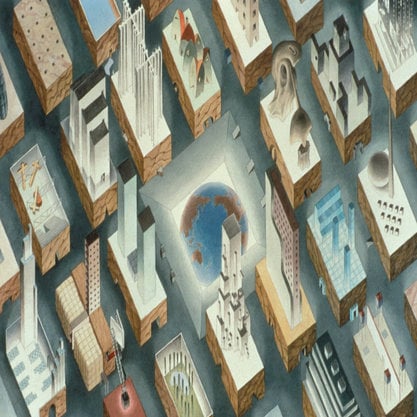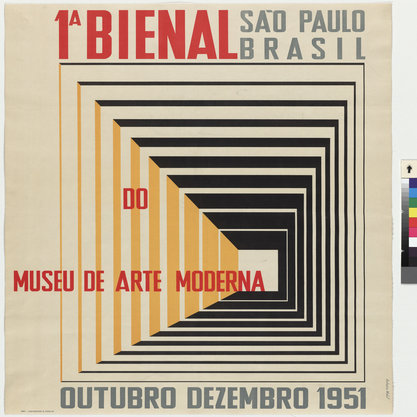Article
Costa, Lúcio (1902–1998) By Goossens, Maarten
Article
Brazilian architect Lúcio Marçal Ferreira Ribeiro Lima Costa was a founding father and one the main exponents of Brazilian modern architecture. After passing his childhood in Europe, Costa enrolled in the National School of Beaux-Arts in Rio de Janeiro. Although his first years as a practicing architect were characterized by the influence of the neocolonial movement then in its full vigour, by 1929 Lúcio Costa became, along with Gregori Warchavchik, one of the first advocates of modern architecture in Brazil, influenced by the ideas of Le Corbusier, who had visited Brazil in 1929. Costa was given the opportunity to actively promote modern ideas when he was appointed, in 1930, as head of the National School of Beaux-Arts.
One of Costa’s most significant designs from this period, and a landmark in Brazilian and Latin American Modernism, is the Ministry of Education and Public Health (1936–1945), designed with Affonso Eduardo Reidy, Oscar Niemeyer (one of Costa’s former students), and with the participation of Le Corbusier as a design consultant, among others. During his career Costa was able to combine architectural design, landscape architecture, town planning, public service, heritage protection and writing. His most relevant work is the layout of Brasília, the newly built capital city of Brazil (1956–1960).

